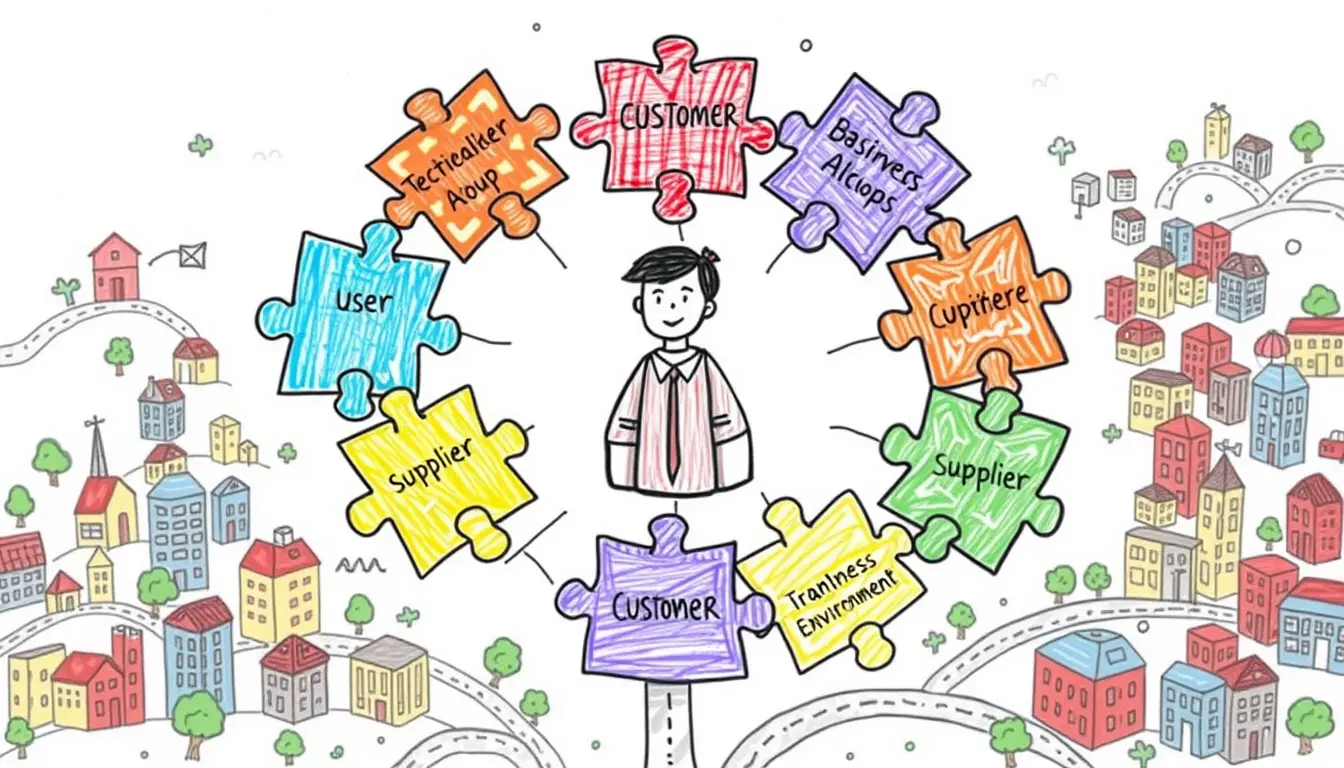Stakeholder Mapping

Master Stakeholder Management for Business Analysts
Learn how to effectively manage stakeholders as a business analyst with these expert tips and strategies. Elevate your project success and leadership skills by mastering…
Search
Latest Posts
Latest Comments
Categories
Archives
- February 2026 (9)
- January 2026 (31)
- December 2025 (31)
- November 2025 (30)
- October 2025 (31)
- September 2025 (30)
- August 2025 (31)
- July 2025 (32)
- June 2025 (30)
- May 2025 (31)
- April 2025 (30)
- March 2025 (31)
- February 2025 (28)
- January 2025 (31)
- December 2024 (31)
- November 2024 (30)
- October 2024 (31)
- September 2024 (123)













